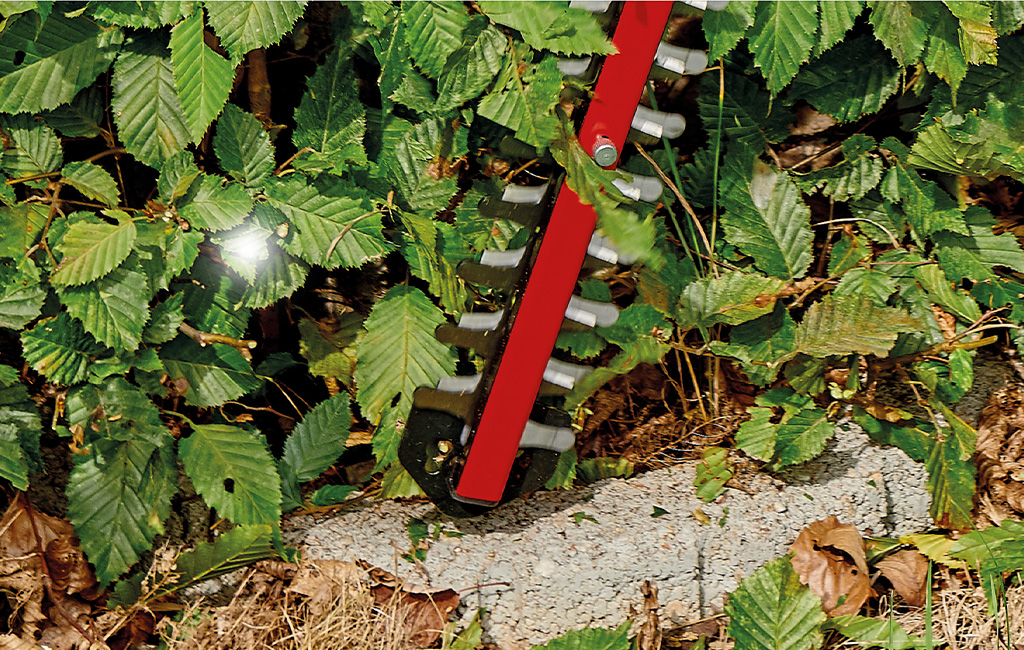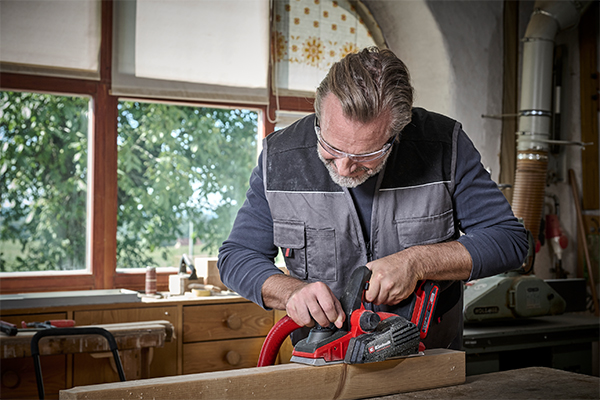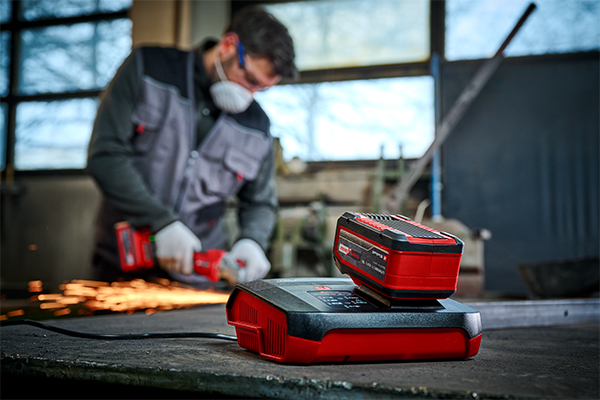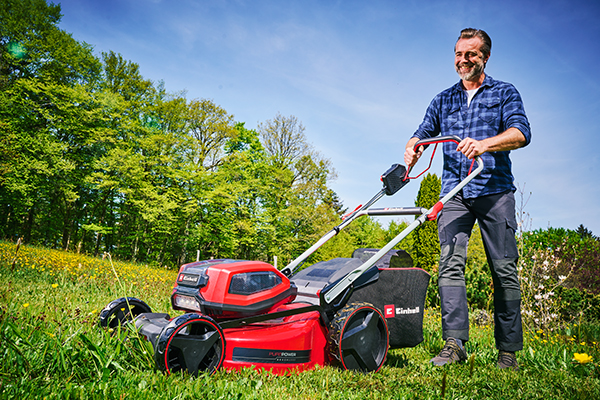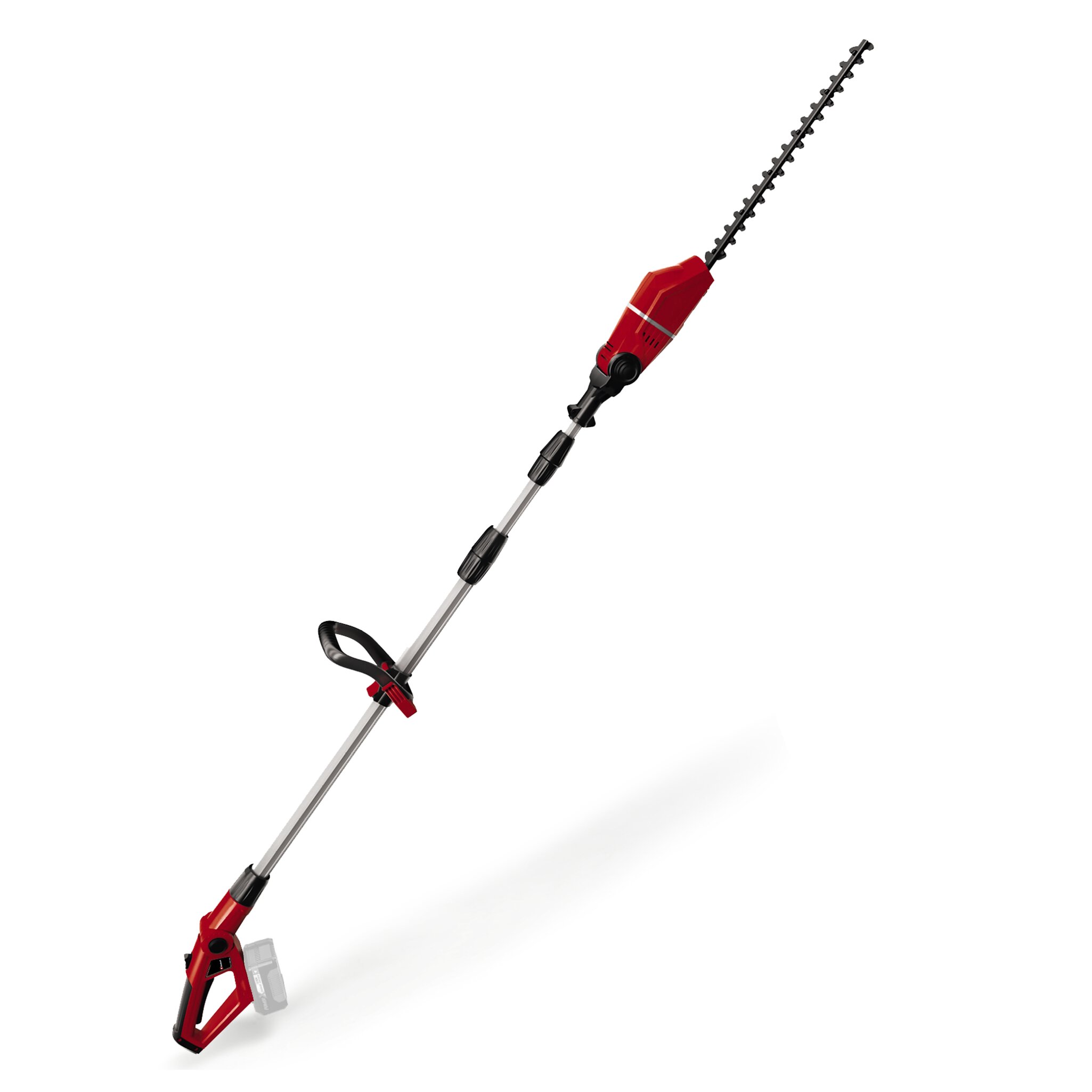The Ultimate Guide: Tips & Tricks for Proper Timing in Hedge Trimming
She adorns many gardens and serves as a privacy barrier to neighbours: the hedge. Whether it's a thuja hedge, boxwood hedge, or beech hedge, this popular vegetation requires proper care to thrive optimally. However, when is the ideal time to ensure the perfect trim for the hedge? And at what point should one let the sharp blades rest to protect the well-being of plants and animals?
In this blog post, we explain these questions and discuss the types of power sources for hedge trimmers, highlighting which is best suited for your garden. Find out everything you need to know about hedge trimming so you can get started right away.
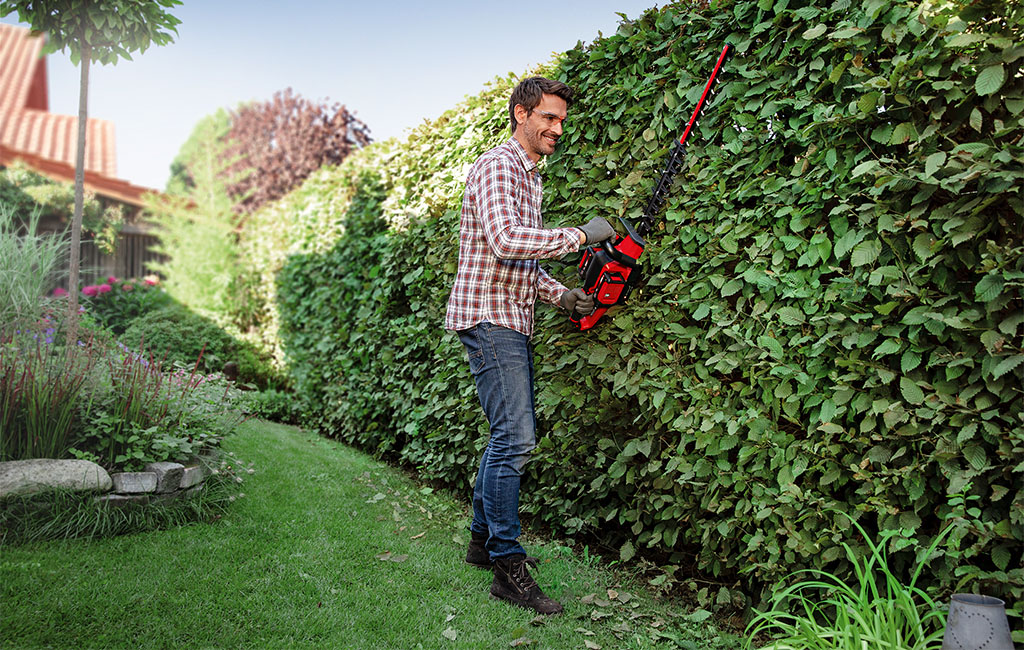
When is the right time?
Hedges older than two years should be shaped into the desired form at least once a year, with ideally two maintenance trims annually. Generally, every trim stimulates the hedge to produce new growth. The optimal timing may vary depending on the plant species, but in general, the first trim should take place by the end of February or early March, before the first shoots emerge. The subsequent rapid growth will help conceal any unsightly cut surfaces and result in a densely packed hedge.

The second trimming can be done in summer or autumn, depending on the plant species. External temperature is crucial: never trim a hedge at temperatures below 5 degrees Celsius. New shoots that are not fully developed could be damaged by frost. Shaping cuts should never be performed in sub-zero temperatures or direct sunlight, as the fresh cut surfaces are highly susceptible to such conditions!
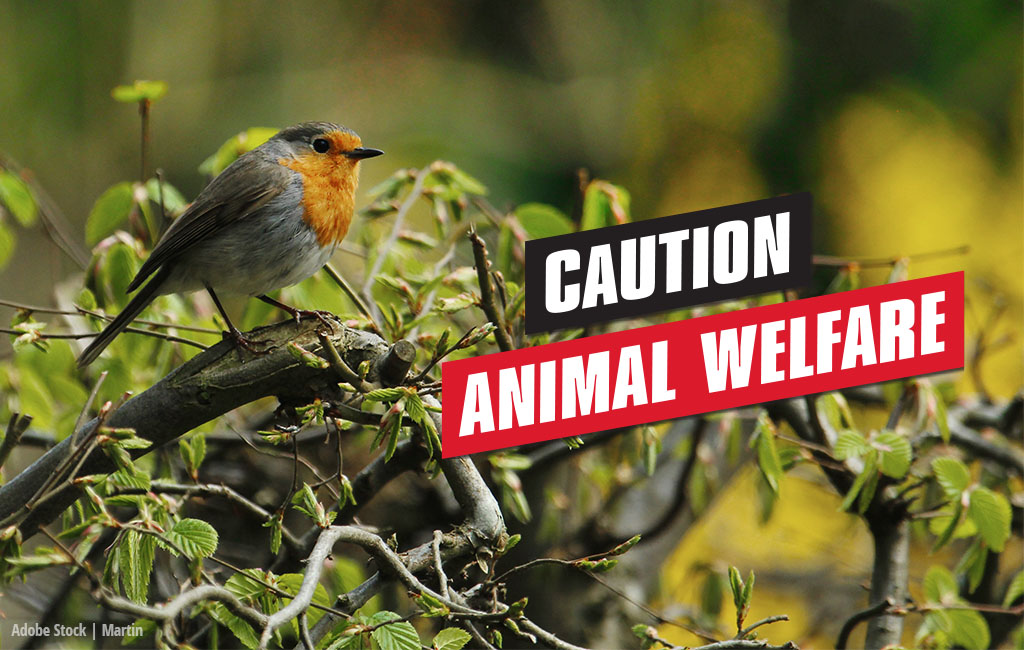
CAUTION
Animal welfare always takes priority! If you happen to discover a bird's nest in your hedge, it's better to forgo hedge trimming. In Germany, a significant step backward or even the removal of the hedge is legally prohibited throughout the period from March to September inclusive.
How to trim properly?
The annual growth of the hedge should never be completely cut back (even outside the protected period). Depending on the plant species, an optimal trim involves cutting back to half or a maximum of one-third of the length of the young shoots.
The hedge should always be trimmed in a slightly conical or trapezoidal shape. This ensures that the lower part of the hedge receives sufficient light and prevents bare spots from forming in this area. A slightly tapered cut on the top is also advisable, as it helps prevent excessive snow accumulation on the hedge over winter, reducing the risk of snow breakage.
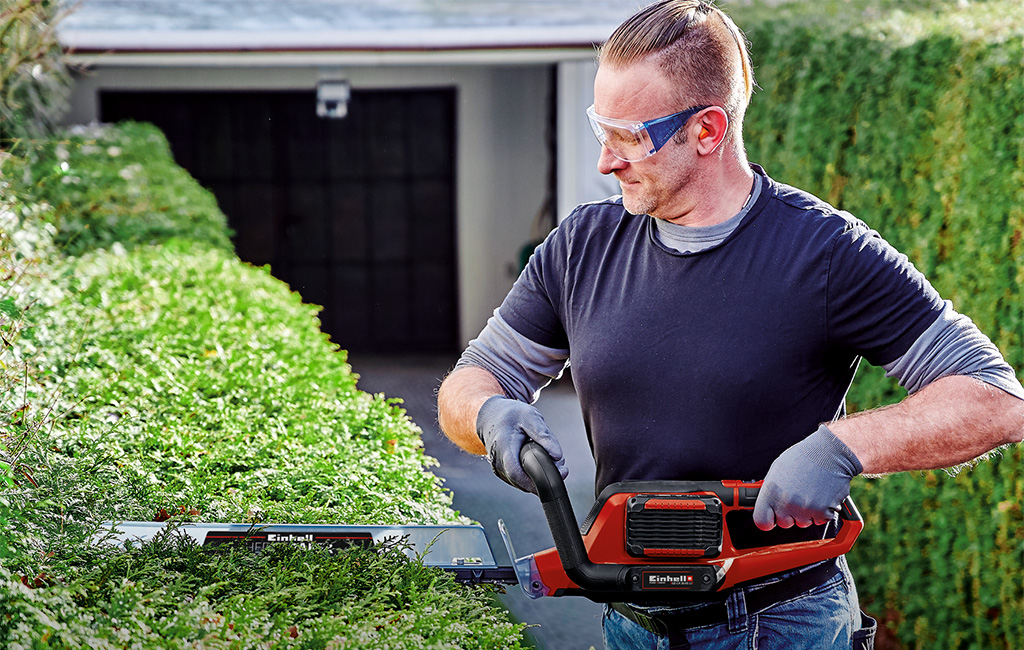
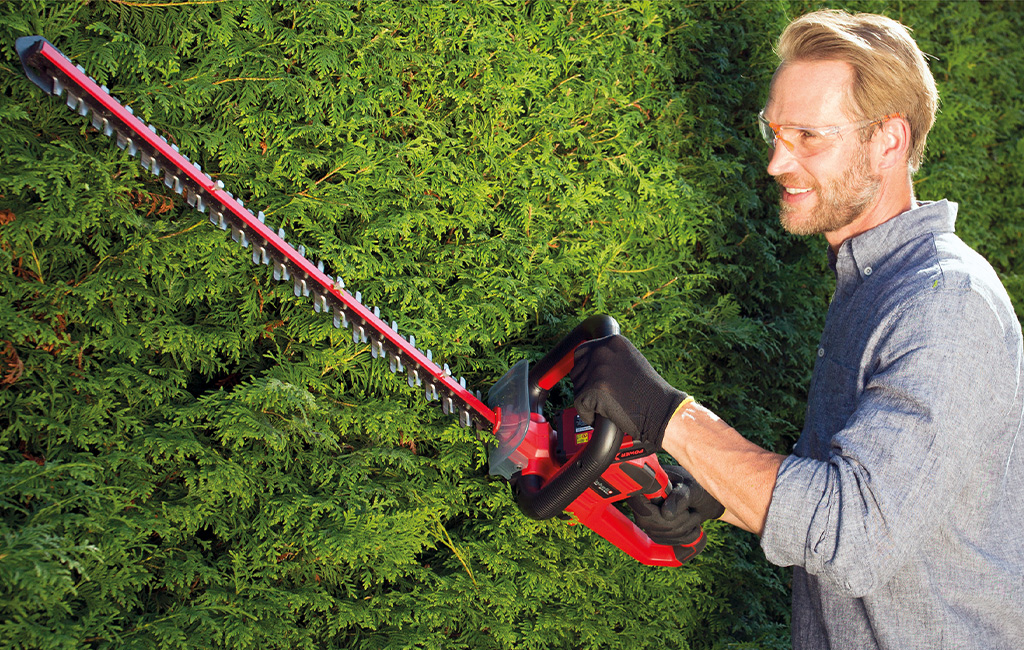
The right tool
Hedge trimmers are available in various models, whether it's a petrol hedge trimmer, electric hedge trimmer, or a cordless hedge trimmer – the question remains the same: with or without a cable?
Petrol Hedge Trimmer
A petrol hedge trimmer is useful for long and tall hedges. If you want to shape such a hedge, it requires a lot of power and endurance. The powerful motor of these hedge trimmers allows even cutting of thicker branches.
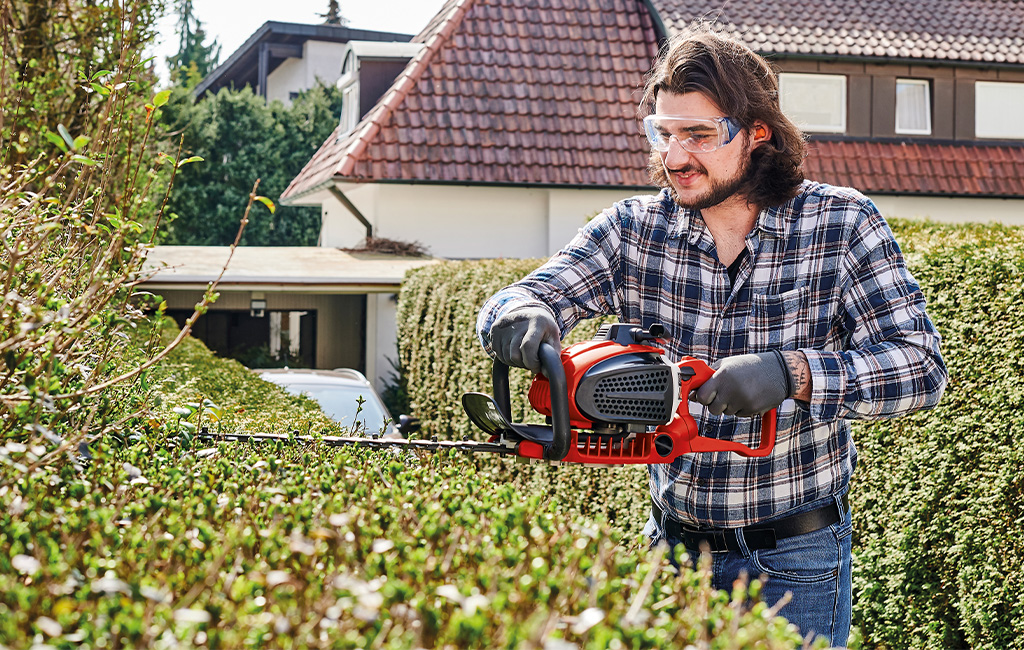
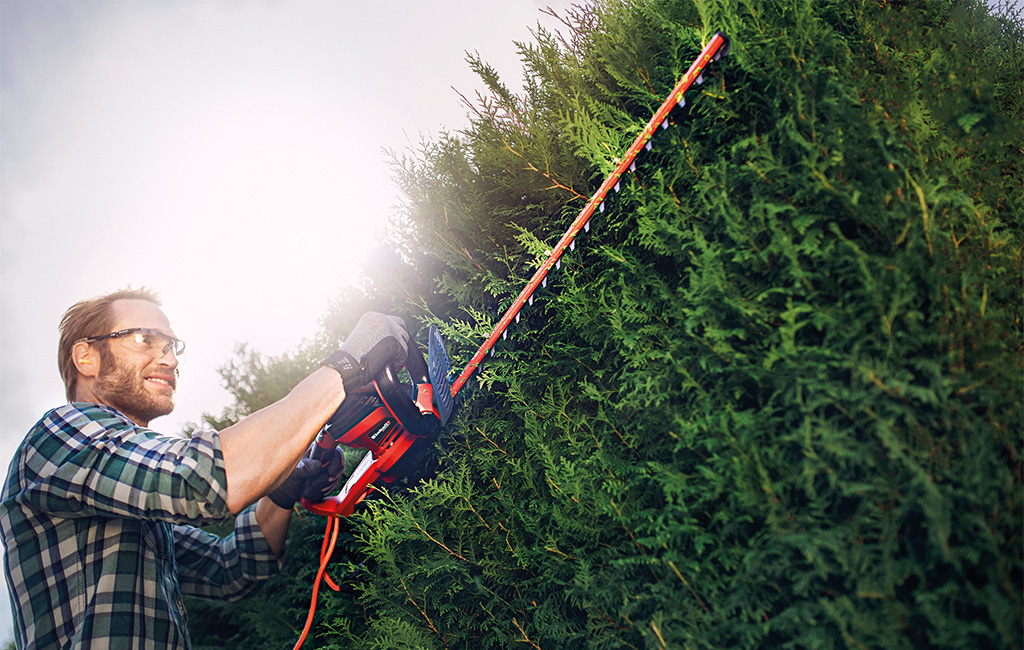
Electric Hedge Trimmer
The corded hedge trimmer never runs out of power. While a petrol hedge trimmer eventually runs out of fuel, an electric hedge trimmer is constantly supplied with electricity. Additionally, the corded hedge trimmer is extremely lightweight compared to the petrol-powered one.
Cordless Hedge Trimmer
Among all Einhell hedge trimmers, the cordless hedge trimmer combines all the advantages! Maximum cutting power without noise or extension cords. Thanks to the innovative Power X-Change System, the sharp blades here don't stay idle either. Simply replace the empty battery with a fully charged one, and you're good to go.
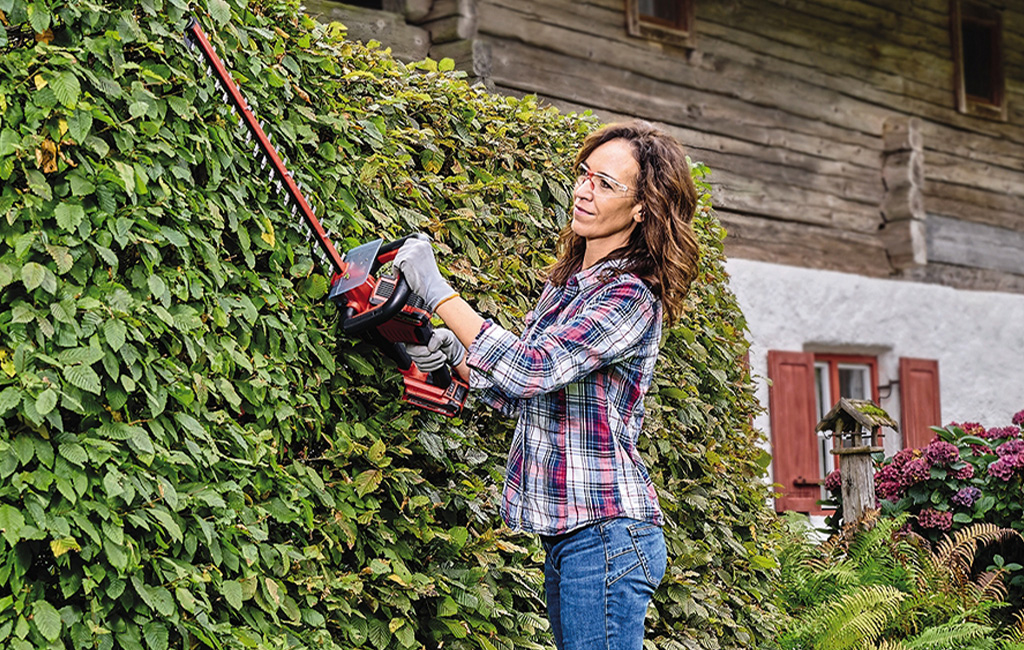
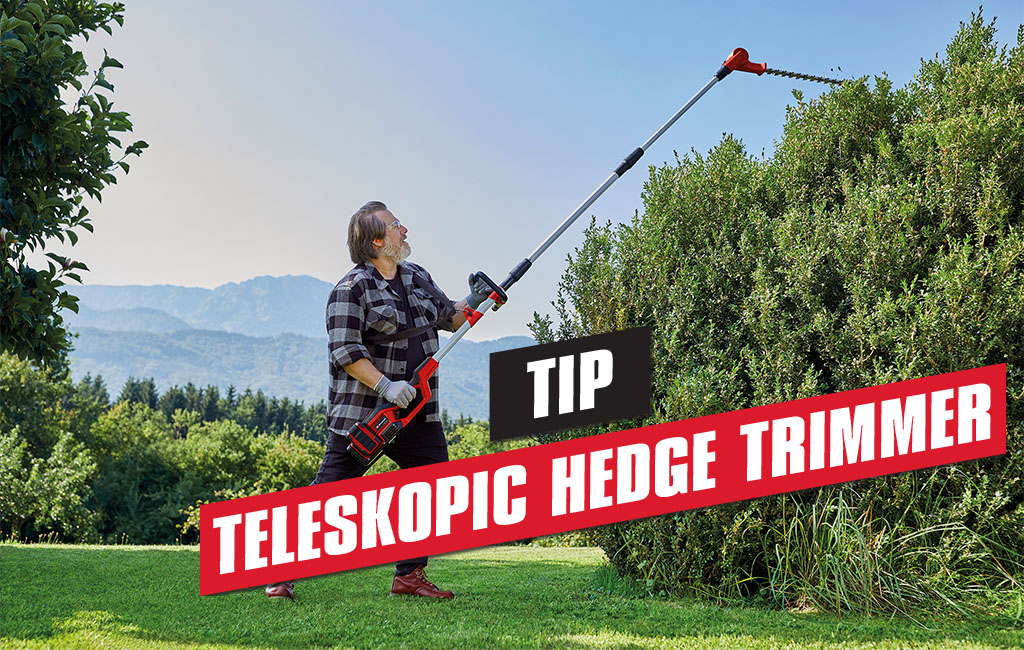
TIP
For especially tall hedges, our cordless telescopic hedge trimmers are suitable. Depending on the requirement, the handle can be adjusted or extended continuously. By the way, the maximum height of your hedge is determined by the building regulations or development plan of your municipality. Typically, they may not exceed 2 meters in height. It's best to inquire with your city or municipality for specific regulations.
Our recommendation for you
Depending on how tall, how old, or how long your hedge is, the choice of your hedge trimmer is up to you. With each model, you are guaranteed to be well-prepared for any challenge and can trim your hedge into the desired shape. However, we recommend our Einhell cordless hedge trimmers. The cordless hedge trimmers offer an optimal combination of all the advantages of different hedge trimmers! They provide maximum cutting power without causing annoying noise or relying on cumbersome extension cords.
Without maintenance, the shears will become dull
Drive aside, the quality of the blade also determines usable results. After cutting, plant juices often remain. These adhesive-like residues can be easily removed after each use with a resin solvent and a soft cloth. For heavy soiling such as leaves or branches, you can remove them either by hand – be sure to wear gloves – or with a brush. To maintain the blade, a special care spray can be used. Also, storing it directly in oil is advisable.
